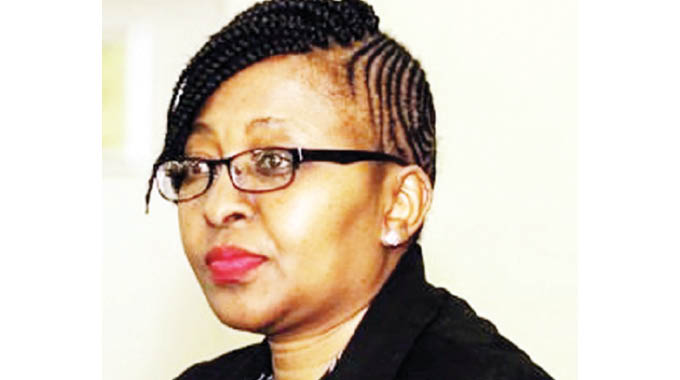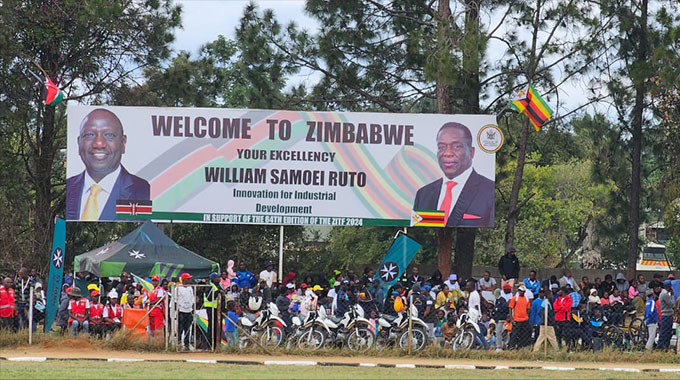Only 16pc of ratepayers paid up: BCC

Nqobile Tshili, Chronicle Reporter
ONLY 16 percent of Bulawayo ratepayers paid fully their bills in 2020 while 22 percent did not make any payments resulting in council being owed nearly $663 million by ratepayers.
About 62 percent of ratepayers made part payments during the period under review.
The Bulawayo City Council (BCC) this month increased rates by 372 percent after its supplementary budget was approved by Government and there are now fears that more ratepayers could join the defaulters list.
The local authority sought a supplementary budget after incurring unbudgeted expenses due to Covid-19, among others.
Government has approved the council’s 2021 budget which will see rates and service charges going up by 10 percent.
Responding to Chronicle questions BCC senior public relations Mrs Nesisa Mpofu said council has started billing residents using the 2021 approved budget.
“The council was owed about $662,7 million as at 25 January 2021. Cumulative figures for year 2020 indicate that by November, about 16 percent of ratepayers had paid in full their accounts. About 62 percent had made part payments in the 11 months giving a total 77,3 percent of accounts having made payments in the 11 months,” said Mrs Mpofu.
She said for the council to effectively deliver services, residents should also play their part.
Bulawayo residents said the rates increase was justified but they could not afford due to Covid-19-induced economic disruptions.
Mr Jetro Sibanda, who could not state where he lives in Bulawayo said there is need to improve service delivery after the increases in rates and service charges.
“Maybe only five percent of the residents would be able to pay the new bills. However, council can motivate residents into paying bills by improving service delivery. At the moment our roads are in bad shape and the council is not doing anything, these days there is tall grass so mosquitoes are just all over and the council should improve on collection of garbage. If you go to the marketplace, the area is just too dirty. There are ‘green bomber’ flies so we are at risk of contracting disease but the council is still increasing bills without doing much,” said Mr Sibanda.
Another resident Mr Lungelwe Mkhwananzi from Tshabalala suburb said the economic situation makes it difficult for most residents to pay their bills as salaries were low.
“The problem we have is that residents do not want to participate in the council’s service delivery consultation meetings. Those who participate in consultation meetings are the ones who agree to these increases.
I’m a pensioner getting $1 200 a month and therefore cannot afford what council is demanding. We struggle to raise money to pay bills but council is not reciprocating by attending promptly to say burst sewer pipes,” said Mr Mkhwananzi.
Bulawayo Progressive Residents Association (BPRA) co-ordinator Mr Emmanuel Ndlovu said Covid-19 has had a negative impact on both residents and the local authority.
Mr Ndlovu said as a residents’ association they have tried to sensitise communities on the importance of paying bills but the economic situation is increasingly becoming unbearable for many people.
“Some of the problems we are experiencing are beyond council and residents should not punish the local authority by not paying bills. The increases in rates and service charges are understandable given that residents in western suburbs will pay between US$15 and $20 a month.
“This is what people used to pay during the multi-currency era. The problem however, is the low salaries residents are earning now,” said Mr Ndlovu.
He said the situation had also been compounded by Covid-19 which disrupted all economic activities and hit hard the informal sector. -@nqotshili










Comments